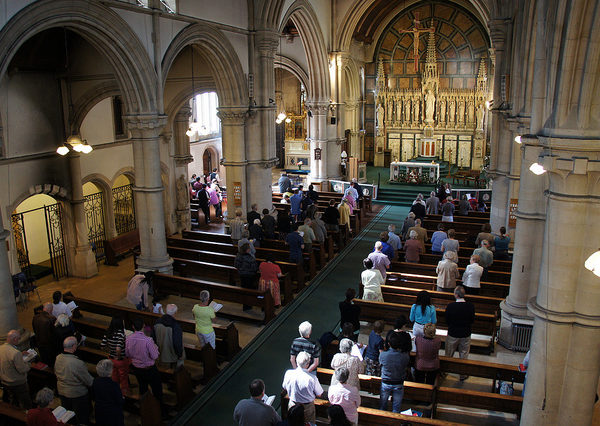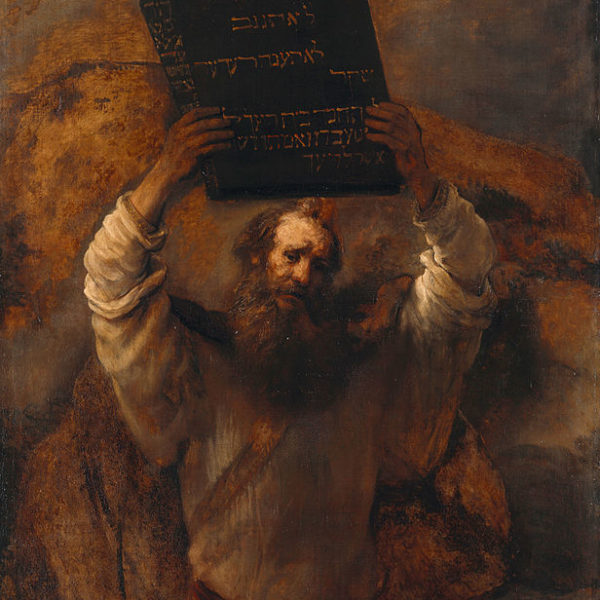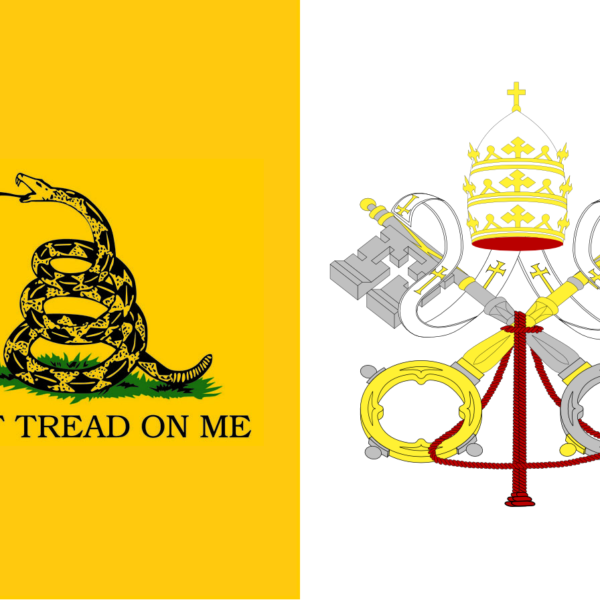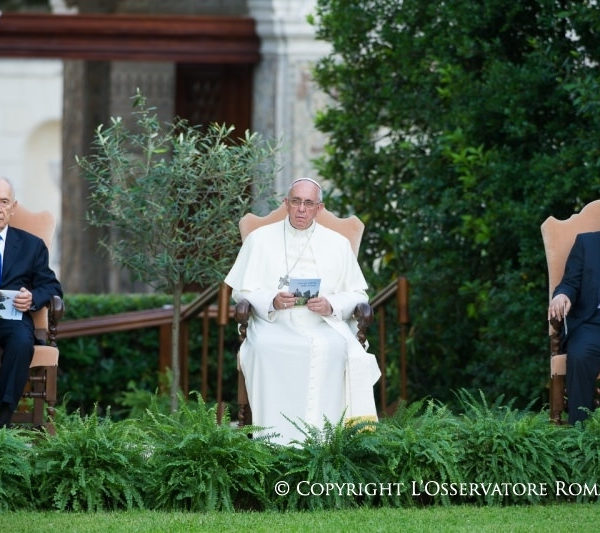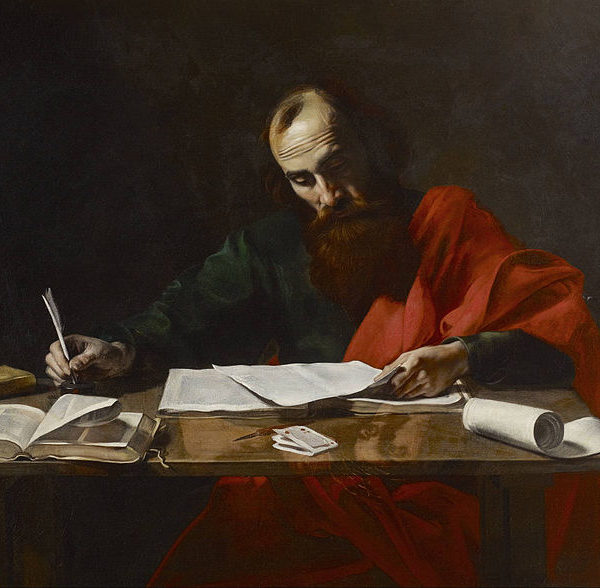
Paul speaks to our self-conscious understanding of tragic fatedness in Romans 7. Like him we long to be released from such an apparent fate, where we are not free to live as we know we could and should. This is more than an individual bondage to sin. It recognizes that sometimes we are prevented from living as we feel we ought by more than our own will; sometimes we are oppressed by the wills of others or even a system which seems to have a will of its own that is impermeable to reason.
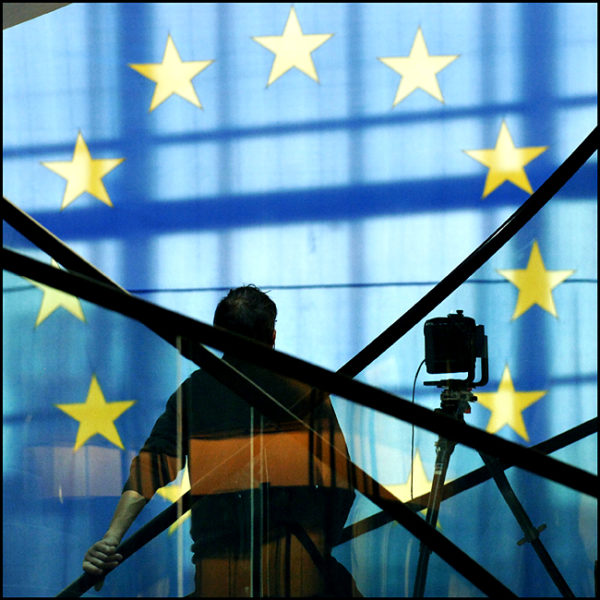
After half a dozen years of economic decline and political hardship EU measured its demos in the elections to the European Parliament. The result was just about expected, though probably not at all what the ”Europeans” — whoever they are these days — were eager to see. Given a choice between a commitment towards the globalization of world politics and going home, going home, by and large, won.
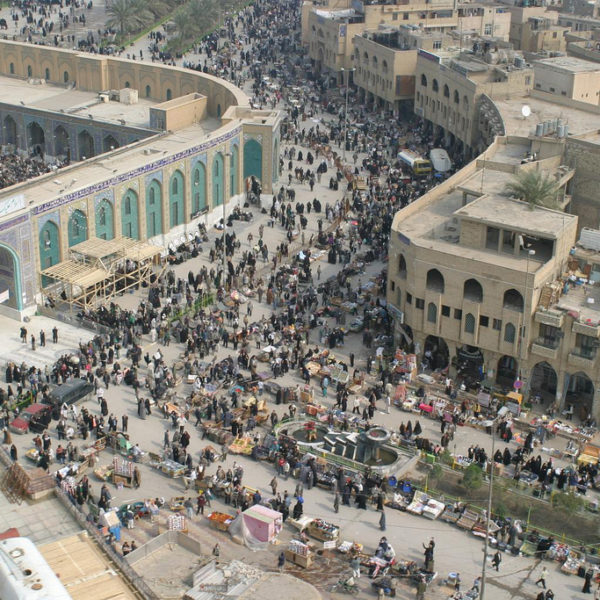
The attack of The Islamic State of Iraq and al Sham (ISIS) on Mossul and its march on Baghdad has taken the international community by surprise and raised the possibility of another US intervention in Iraq, with the hope it could prevent the downfall of the country into a sectarian war. Such a scenario is highly improbable because of the nature of the Iraq crisis that is first and foremost political and not religious.
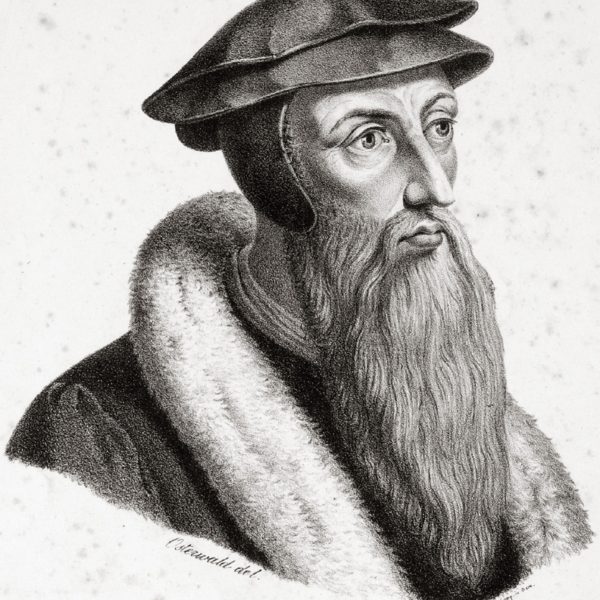
One of the great paradoxes of John Calvin’s political theology can be captured in terms of two of the phrases the reformer used over and over throughout his writings. On the one hand, he emphasized, “the kingdom of Christ is spiritual.” On the other hand, through the kingdom of Christ God is bringing about the “restoration of the world.”
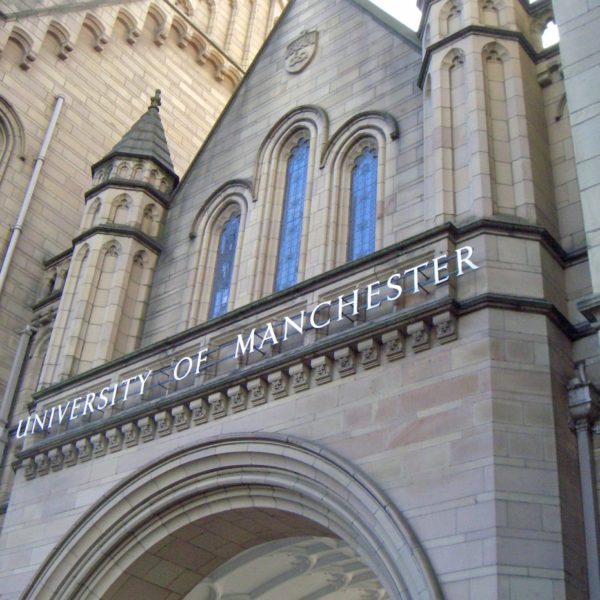
The Lincoln Theological Institute at the University of Manchester invites paper proposals for its upcoming conference, “Postliberalism, Individualism, and Society” (Jul. 11-12, 2014). For those wishing to attend, registration for this conference is now open via the online booking page. See the conference flyer here.
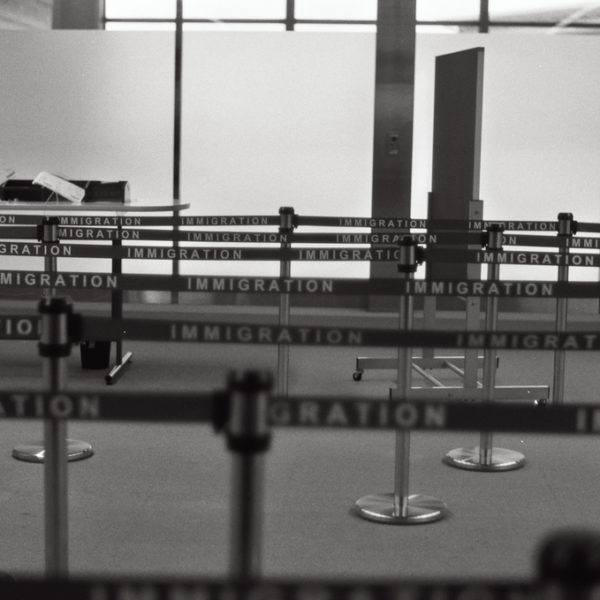
. . . Pastors and church-leaders for the past two years have been very vocal in their efforts to ‘welcome the stranger’ through immigration reform and in so doing are reframing evangelical Christian concerns beyond the rote of life-issues. . . . Though evangelical leaders have pushed for reform, this hasn’t yet filtered down to evangelical congregations who are amongst the most skeptical of CIR. The Public Religion Research Institute (PRRI) noted in 2013 that white evangelical Protestants were the least likely of all religious groups to support a path to citizenship for illegal migrants.
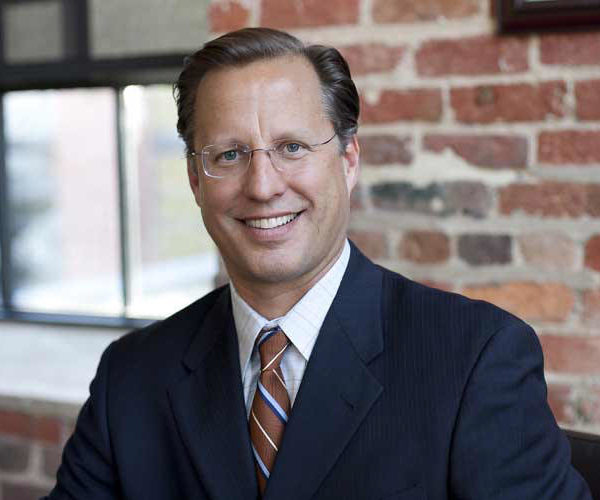
David Brat’s upset of Eric Cantor in Virginia’s District Seven congressional race last week generated waves of buzz, with no small stir churning in the Christian blogosphere. Although political upstarts, especially those that identify as conservative Christians, always tend to create a storm of media buzz, the close attention to Brat is perhaps more justified than most. As I hope will become clear in this brief profile of Brat’s scholarship and political theology, Brat’s somewhat bewildering and seemingly idiosyncratic synthesis of theology and economics illustrates the tensions endemic to the increasingly-libertarian sectors of the Christian Right.
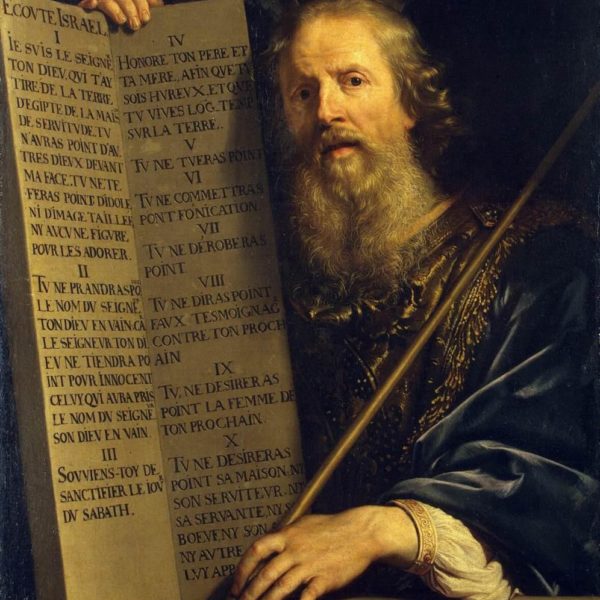
The idea that the political aspects of the Ten Commandments are confined to the latter portion and that the beginning portion is only ‘religious’ in nature is unsustainable. The politics of the commands themselves as well as the politics of the conversations in which those commands are embedded continue to be instructive for faithful communities today.
